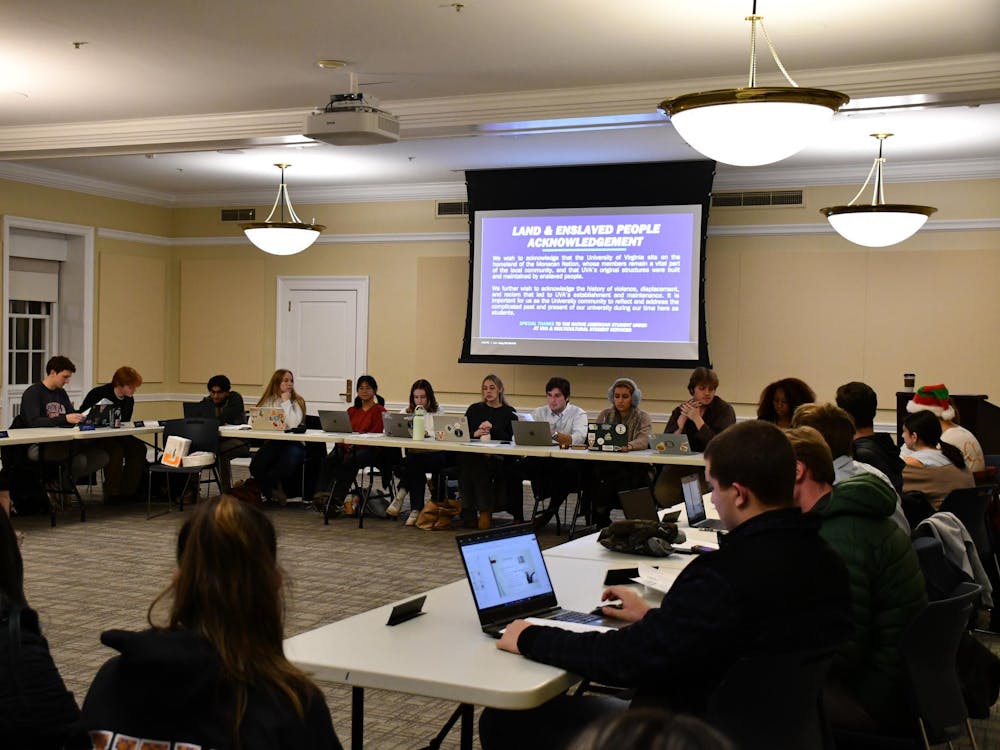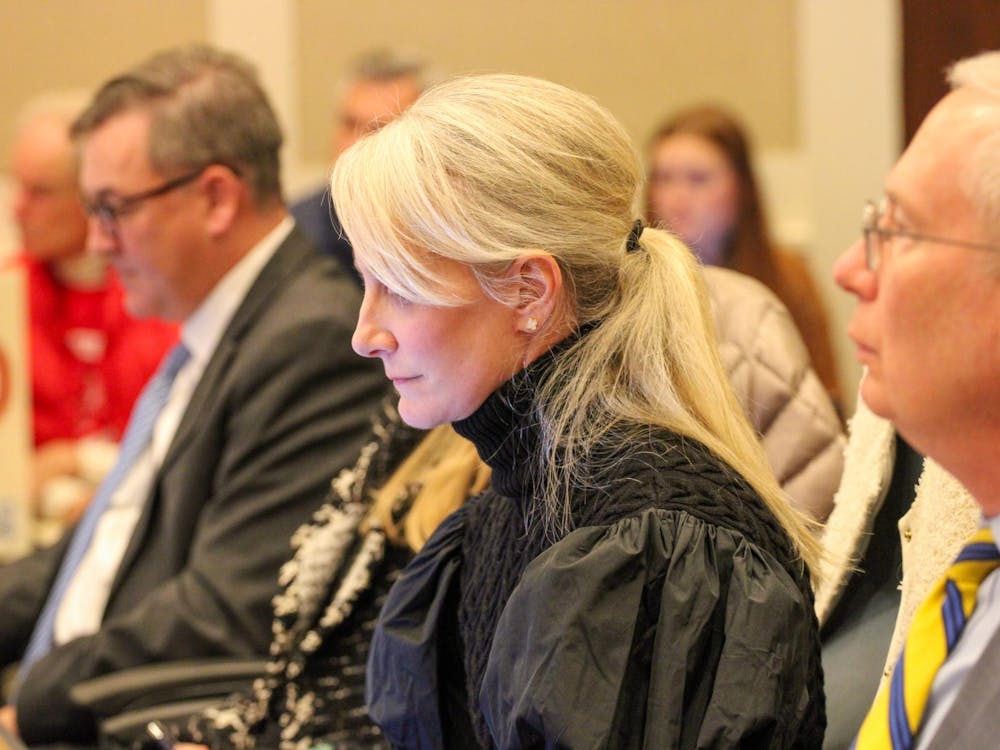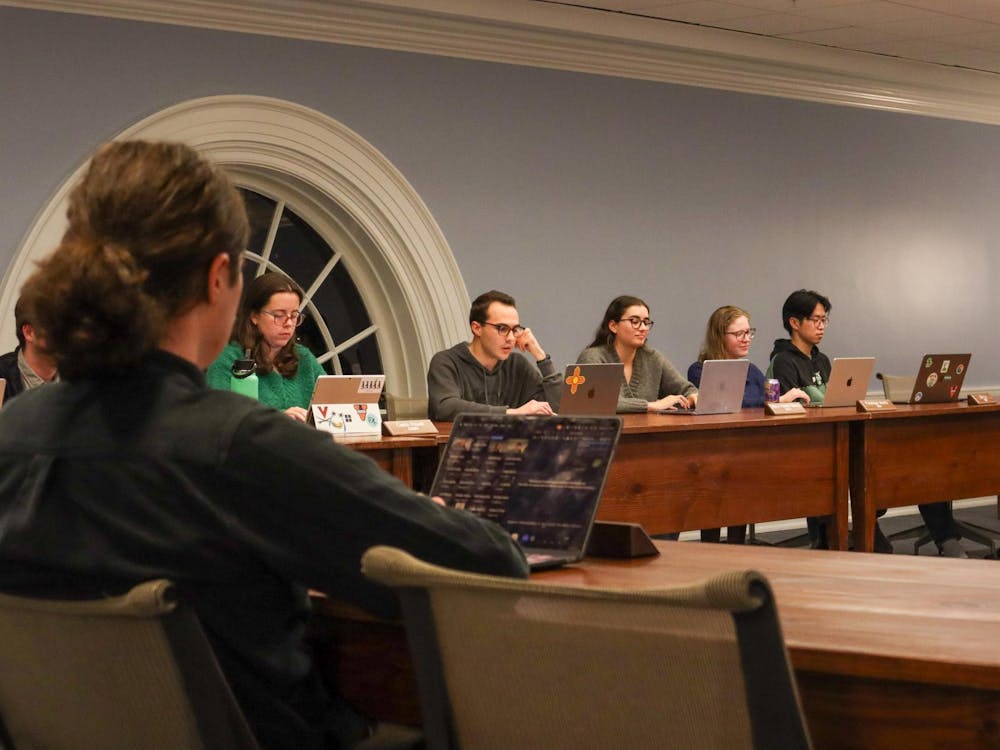Following the recent posting of college class notes on commercial Web sites, some faculty members throughout the country are expressing concerns about the practice.
Mathieu Deflem, assistant professor of sociology at Purdue University, has launched a Website of his own in order to discourage online notes.
Deflem said he hopes the site will prevent the beginning of a trend that "is going to hurt [students] severely in the long run."
Online note-selling agencies, such as www.studentu.com and www.study24-7.com, have received over $11 million in corporate financing within the past year, he said.
The financing is largely because "they're bringing business into education - where it doesn't belong," he added. "They pretend to have a market and that's how they get their investors."
Deflem said he feels the commercialization of classes is disturbing.
"I don't advertise my class like a Coca-Cola ... It's like some [students are] saying, 'Just give me the ...damned degree anyway,'" Deflem said.
Faculty Senate Chairman David T. Gies said professors have a right to be worried.
"Those professors concerned may have a real issue," Gies said.
Deflem noted on his Web site that corporations do not check the accuracy of the notes published online, and many corporations leave disclaimers about the notes online.
Professors do not put disclaimers on the material they teach, and only through their classes can students obtain accurate course information, he said.
Boston University Assoc. Provost Peter Wood said notes "spread inaccuracy and incompleteness because they are uncontrolled versions of what the teacher has said."
Gies also pointed out the possible problem of notes from students "claiming to be [from] my class" when the student might not be enrolled.
Faculty also are raising copyrights issues over their course materials.
"The selling of online course notes is ... theft: theft of intellectual property," Wood said.
Gies also said the question of ownership should not be discounted.
"I agree with those [educators] that bring forth the intellectual property issue," he said.
But most educators appear reluctant to challenge the legalities of online notes, Wood said.
However, legal action "may be the only tool colleges and universities have to combat the Internet course notes assault," he said.
Educators said they also fear that the online course notes will severely restrict their academic freedom: Many of the course notes have been published without the knowledge of the instructor, he added.
"Having paid spies in their classes is likely to limit the free expression and intellectual excitement in class," Wood said.
Given that online course notes are "a recent phenomenon," their impact on academics cannot easily be assessed, Deflem said.
Both Deflem and Wood said they feel educators must take action now to prevent the possible detrimental effects the publication of these notes will have upon academia.






